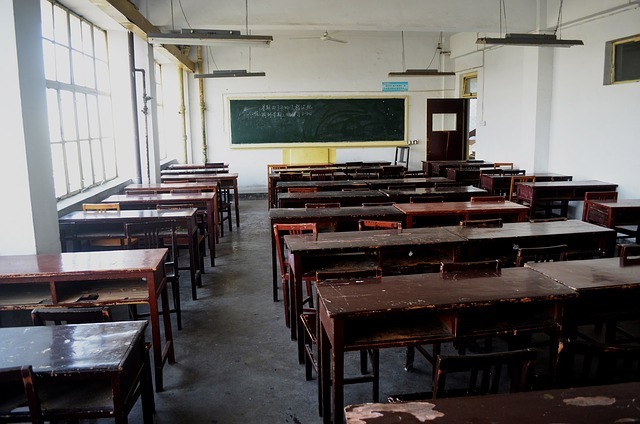Oklahoma won’t be expanding its education savings account (ESA) program, after bills in both legislative houses failed in March on procedural grounds.
Senate Bill 609 and its House companion, House Bill 2949, would have allowed parents to apply for between 30 percent and 90 percent of the funding that would otherwise be spent on each child in public schools. The amount of funding would have been based on family income and would have been used to help pay for myriad education services, including private schools, virtual schools, textbooks, tutoring, and college.
‘Extremely Disappointing’
Brandon Dutcher, senior vice president of the Oklahoma Council for Public Affairs, says the legislature’s continued failure to expand school choice is not because Oklahomans are ambivalent toward the idea.
“It’s extremely disappointing that our political leaders in Oklahoma, where Republicans hold every statewide office and have overwhelming control of both legislative chambers, couldn’t pass a measure that is both good policy and good politics,” Dutcher said.
“We know that Oklahoma parents want educational options,” Dutcher said. “In the last two years, there have been six scientific public-opinion surveys from reputable firms showing that Oklahomans strongly support private school choice options, such as vouchers, tax credits, and ESAs. Republican politicians know that voters, and especially Republican voters, support parental choice.”
Organized Establishment Opposition
A group of public education proponents—composed of superintendents, principals, and teachers—using the hashtag #OklaEd has coordinated messaging efforts within their schools and across social media to oppose ESA bills in the Oklahoma Legislature for the past several years.
Dutcher says for those who want to protect the government monopoly, stopping ESAs is a hill worth dying on.
“They have the tax-funded lobbyists, PR machine, and infrastructure necessary to make the most noise at the capitol and on social media,” Dutcher said. “This includes school districts using school resources and school time to mobilize education employees to oppose ESAs.
“Some elected officials recognize this and thus have no problem supporting school choice,” Dutcher said. “But too many others are scared of their own shadow or, in some cases, are just education-establishment Democrats in Republican clothing,” said Dutcher.
Calls for Focus on Individuals
Rep. Tom Newell (R-Seminole) was the primary author of HB 2003, which sought to accomplish the same goals in 2015 as HB 2949 failed to do this year. Newell says reform success will require a shift in the education conversation and who controls it.
“It’s amazing to me that [the public education establishment] argument is always a collective one about ‘public education,’ rather than about the individual child,” Newell said. “It’s always about public education instead of educating the public. They really do control the narrative, and that’s unfortunate.
“The Communists in Soviet Russia told everyone they would be in charge of everything, and when one guy is taking care of everyone, the people starve,” Newell said. “#OklaEd wants to take care of everyone in public education, but they really don’t focus on the individual child.
“If you don’t have leaders to try and shift the narrative off their bully pulpit, we just lose,” said Newell.
Sacrificing Children for Schools
Dutcher says there’s reason to believe Oklahoma will eventually pass legislation offering more choice in education.
“I don’t think the monopoly can hang on like this year after year,” Dutcher said. “Eventually, our political leaders will come to see the wisdom and the moral clarity in Oklahoma Sen. James Lankford’s question: ‘Why would we ever tell a parent to sacrifice their child’s future so we can protect a school today?'”
Jenni White ([email protected]) writes from Oklahoma City, Oklahoma.




